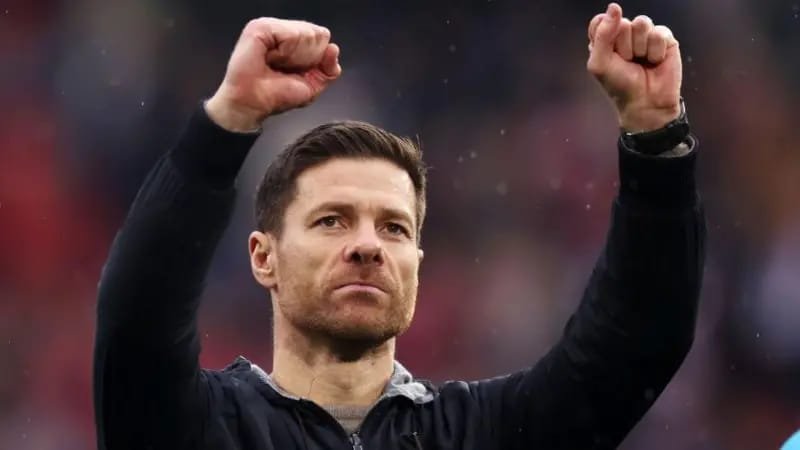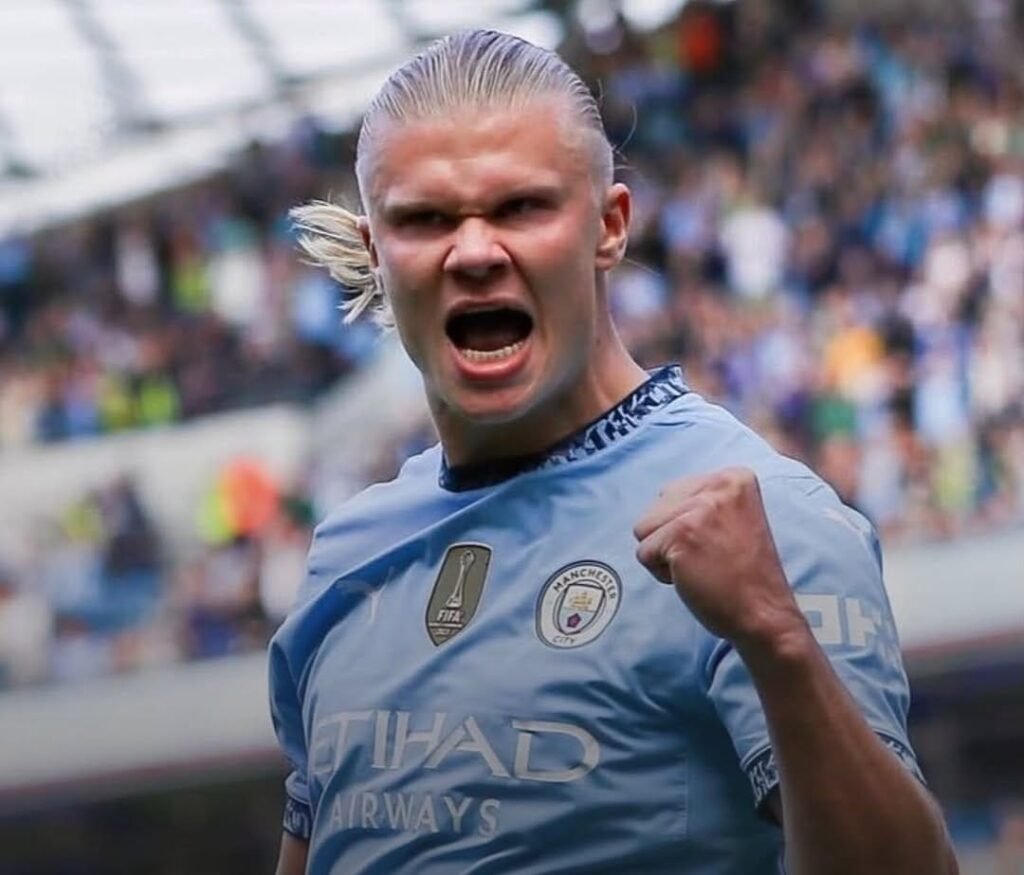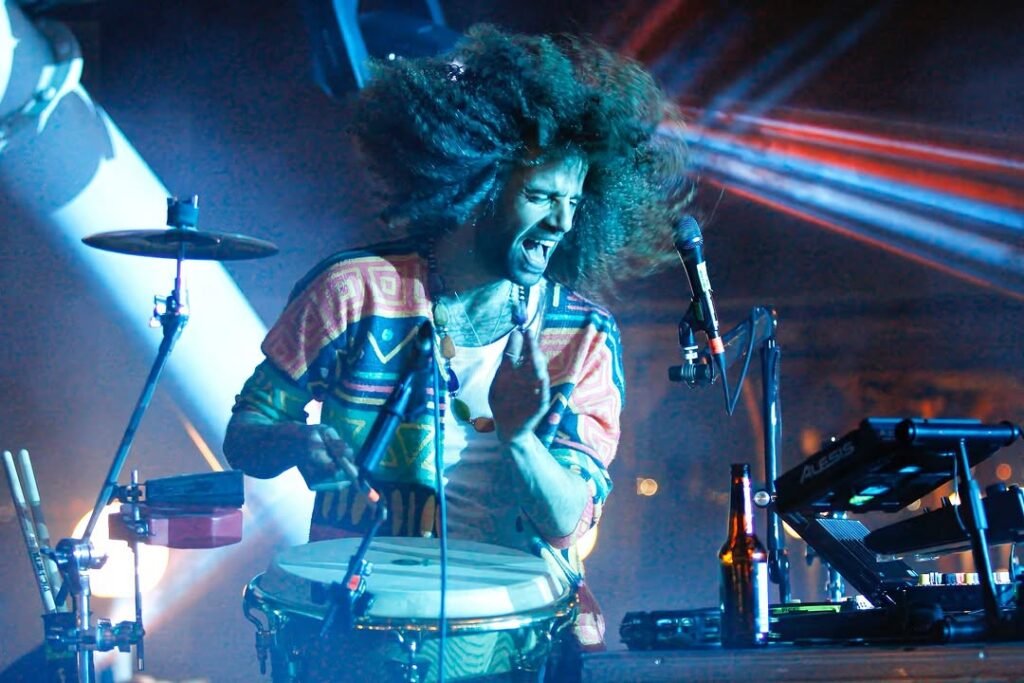
In what was perhaps the worst-kept secret in European football, Xabi Alonso has officially informed his Bayer Leverkusen players that he will leave the club at the end of the season. His next challenge? The Santiago Bernabéu, where he will step into the monumental role of Real Madrid head coach, succeeding the legendary Carlo Ancelotti.
The transition is both inevitable and emotional. One era closes, another begins, as Ancelotti prepares to take charge of the Brazil national team. This changing of the guard is more than a simple managerial switch; it symbolizes continuity, legacy, and ambition. Real Madrid’s most decorated coach makes way for one of their own — a rising managerial star returning to the club that shaped him.
A Bold Gamble on a New Vision
Real Madrid president Florentino Pérez has long admired Alonso, seeing him as the ideal architect to guide the club through a generational transition. At just 43, Alonso has already claimed a Bundesliga title and a German Cup in his first full season at Leverkusen — credentials that have rapidly propelled him into the elite tier of European managers.
Yet the challenge at Madrid is immense. Alonso will inherit a squad in flux, balancing the presence of superstar Kylian Mbappé with the rising leadership of Vinícius Jr, nurturing young talents like Endrick and Arda Güler, and phasing out aging veterans — all while delivering instant success under intense scrutiny.
Madrid is unforgiving: the board demands input, fans crave silverware, and the media offers little patience. Alonso’s tactical acumen and emotional intelligence will be tested like never before. Talent alone won’t guarantee survival at the Bernabéu.
Farewell to a Giant
Before Alonso officially begins his tenure, Real must confront Barcelona this Sunday — a pivotal match to maintain any hope of a La Liga crown. For Ancelotti, this may mark the start of his farewell tour.
Having guided Madrid to a La Liga and Champions League double last season, Ancelotti faces a campaign without trophies. That reality, combined with the board’s desire for fresh leadership, has paved the way for Alonso’s arrival.
Ancelotti’s legacy, however, is untouchable. With 15 trophies across two spells — more than any manager in the club’s history — he brought dignity, calm, and authority to a club often defined by chaos. He won with elegance, managed egos quietly, and restored order when it mattered most. His story at Real Madrid is concluded, yet the club’s narrative continues.
From Calm to Cracks: Behind the Scenes
When Ancelotti returned in 2021 following Zinedine Zidane’s exit, Madrid lacked direction. The squad was thin, the stadium a construction zone, and uncertainty loomed. Yet within months, Ancelotti orchestrated a stunning treble: La Liga, Champions League, and Supercopa.
But success bred complacency. Structural issues remained, veterans were not replaced, and tension gradually grew. The arrival of Mbappé was meant to reignite the squad but instead highlighted emerging cracks, particularly with Vinícius Jr. Both players sought to be the club’s central figure. While no feud emerged publicly, chemistry faltered. Young talents like Güler and Endrick faced uncertain futures under Ancelotti’s more conservative approach.
By October, whispers of discontent had become firm conversations about the necessity for change.
The Dressing Room Divide
On the pitch, cohesion suffered; off it, cracks widened. Some star players no longer fully respected Ancelotti’s hands-off approach, while others simply sought new leadership. The Mbappé-Vinícius dynamic created tension at crucial moments, and even Ancelotti’s once-composed public appearances occasionally revealed frustration. Requests for reinforcements, such as right-back Kyle Walker, were denied, compounding the challenge.
Despite the pressures, Ancelotti remained loyal in public:
“I’ll stay at Madrid until they no longer want me,” he insisted.
To fans, a declaration of commitment; to Pérez, a reminder of stakes and timing.
The Brazil Job and the Next Chapter
Now, the Brazil national team awaits. Meetings between Ancelotti and the CBF in London and Madrid have set the stage, though nothing will become official until season’s end. Financial details remain unresolved, including compensation for the remainder of his contract, which runs until 2026.
Madrid may appoint an interim — possibly Santi Solari, a former player and rising figure in the club’s hierarchy — for remaining competitions, including the FIFA Club World Cup.
Meanwhile, the future of Davide Ancelotti, Carlo’s assistant and son, is under scrutiny. Having honed his skills across Europe, he is now on the radar of top clubs as a potential head coach in his own right. Whether he stays to conclude one final chapter at Madrid or moves on with his father remains uncertain.
Conclusion: A Graceful Goodbye, A Daring Beginning
Carlo Ancelotti’s Real Madrid story concludes as one of grace, loyalty, and unparalleled success. Xabi Alonso’s story begins, defined by ambition, pressure, and immense potential.
The pretender has now become the leader, and Real Madrid once again stands at the edge of evolution — ready for a new era, guided by one of its own.




